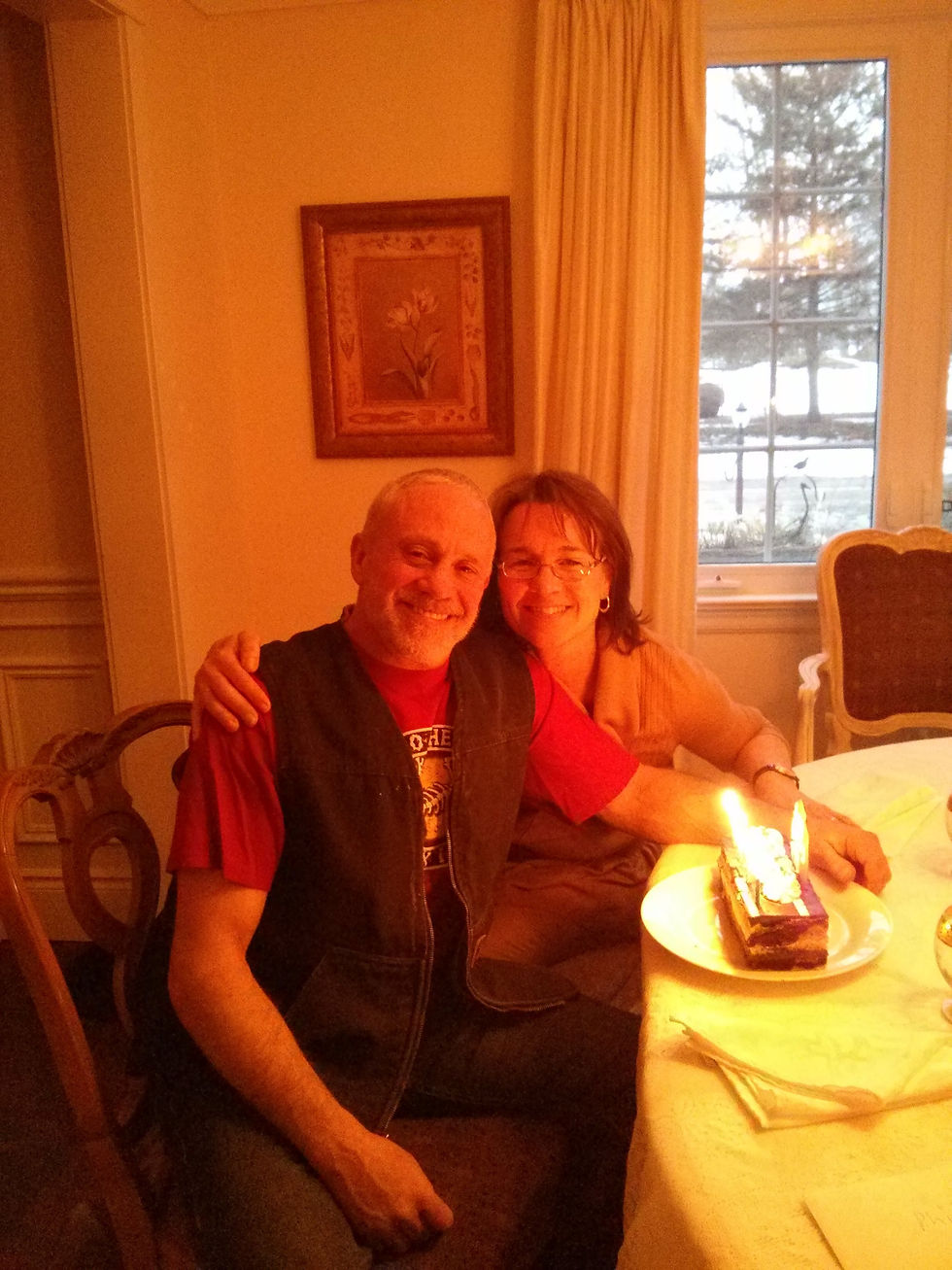Student Spotlight: Reflections on Supporting Grieving Youth
- Victoria Berry

- Aug 15, 2025
- 3 min read
We’re excited to share this heartfelt message from Alex, one of our amazing summer placement students.
Alex has been working closely with youth and young adults here at the Centre for Grief and Healing, gaining firsthand insight into the unique challenges and strengths of young people navigating grief. In her own words, here’s what this experience has meant and taught her.
"Working with youth and young adults at the Centre for Grief and Healing has been one of the most meaningful parts of my placement. Through this experience, I’ve witnessed both the resilience and the unfortunate barriers that grieving youth face after the death of a loved one.
It’s clear that grief at this age brings a wide range of emotions that are hard to put into words. Many of them are still trying to figure out who they are, and then grief shows up and throws everything off balance. It’s heavy, confusing, and often isolating, especially when the people around them don’t know how to respond.
What stood out to me the most is how protective some of them are when they first join our sessions. A lot of them come in with their guard up, not because they don’t want help, but because it’s scary to be vulnerable in front of strangers, especially when they’ve already gone through something that’s changed their lives forever.
But over time, you see small steps towards healing. Sometimes, there are even bigger steps, like a moment of laughter, a story they’ve never told anyone before, or hearing them say they finally feel understood. Watching that kind of trust build is something I won’t forget.
One of the biggest things I’ve learned is that just showing up matters. Whether it’s in a one-on-one or in a group setting, the act of being there, even in silence, means something. It tells them they’re not alone, that their grief is real, and that they don’t have to carry it all by themselves.
It also reminded me how layered grief can be for young people. It’s not just about the loss, it’s about how that loss affects friendships, school, identity, family dynamics, and so much more. Grief can impact a child’s ability to socialize, connect with peers, and take part in everyday experiences that are crucial for building confidence, resilience, and a sense of self. That’s why peer connection, play, and positive experiences are so essential, they’re not just “nice to have,” they’re key to emotional, social, and cognitive development. And yet, young people are often expected to “move on” quickly or stay silent about their pain. Being in a space where they’re allowed to talk openly, with no pressure to have it all figured out, makes a huge difference.
There’s a lot of power in peer support. I’ve seen how important it is to feel seen by someone your own age who understands that grief doesn’t always look like tears or sadness. Sometimes it looks like anger, exhaustion, anxiety, or just feeling completely numb.
My time here has shown me how necessary this kind of support is. There’s still so much stigma around talking about grief, especially as a young person. But with the right space, the right people, and patience, that can start to change.
I’m incredibly grateful to have been part of this work. It’s something I’ll carry with me long after this placement ends."
We’re incredibly grateful to Alex for sharing these honest reflections. Supporting grieving youth requires empathy, rapport building, and a deep commitment to creating safer, welcoming spaces. Alex’s words remind us all why this work matters, and how showing up can make a difference.
Stay tuned for more student stories and insights as we continue to learn and grow together!




Comments